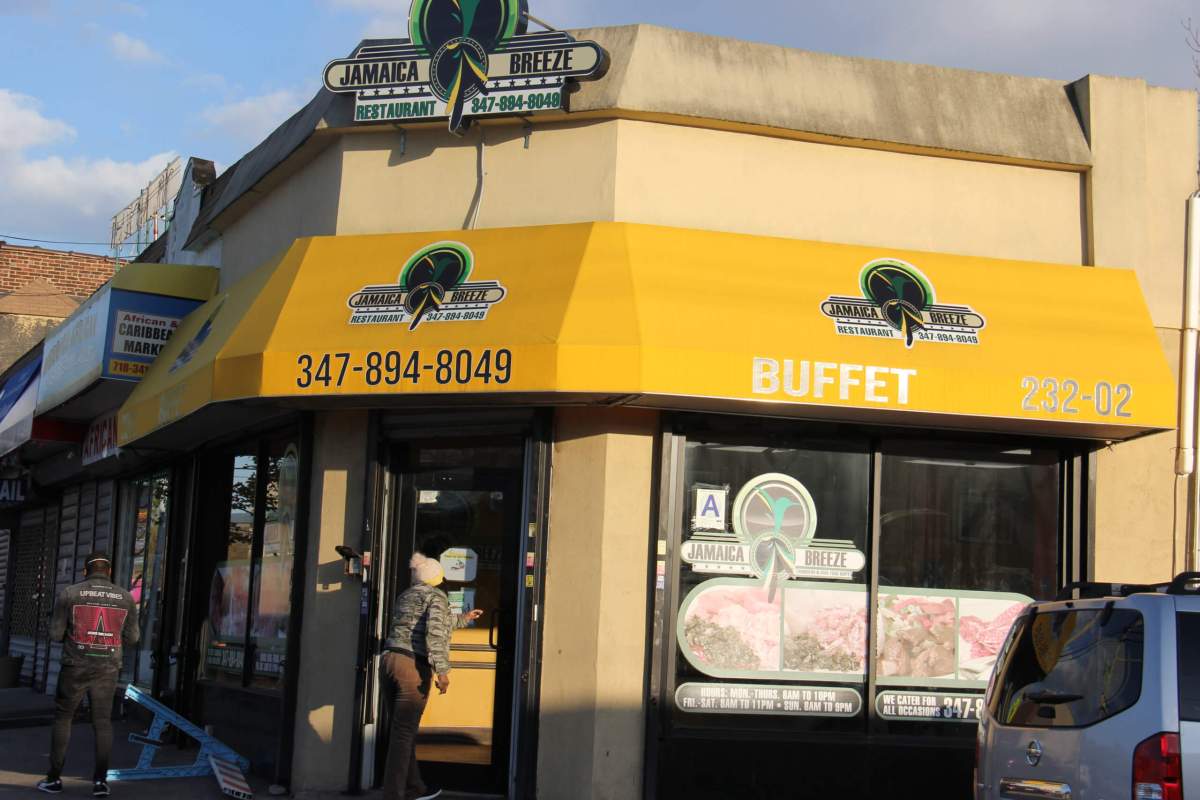New York City restaurant and bar operators are praising Mayor Bill de Blasio for signing a package of what they describe as “urgently needed, lifeline” legislation, championed by Speaker Corey Johnson and leaders in the New York City Council, that will help the hospitality industry survive the coronavirus (COVID-19) pandemic.
The NYC Hospitality Alliance, a not-for-profit association representing restaurants and nightlife establishments in the five boroughs, said on Tuesday that the Mayor’s signature on the legislative package caps third-party delivery platform fees at 5 percent and delivery fees at 15 percent.
The package also penalizes bogus telephone fees charged by these platforms for calls that do not result in orders, forgives 2020 sidewalk café franchise fees, and protects commercial tenants from personal liability clauses in leases.
“With third-party delivery platforms, like GrubHub and Seamless, exploiting restaurants forced to operate as takeout and delivery-only during the crisis, with fees as high as 30 percent, this legislation became a priority in cities across the country,” said the Alliance in a statement.
It said New York City now joins Washington, D.C., Seattle, Jersey City, and San Francisco in capping 3rd-party delivery platforms’ fees.
The NYC Hospitality Alliance, which has been a leading voice for the industry advocating for this legislation, was invited by the de Blasio Administration to join the bill-signing.
“There’s been many difficult days for New York City’s restaurants and bars since Mar. 15,” said Andrew Rigie, NYC Hospitality Alliance executive director. “Today, Mayor de Blasio, Speaker Johnson, Councilmembers Gjonaj, Moya, Rivera, Adams and Cohen, and all the supporters of this legislation extended a glimmer of hope to thousands of restaurants across the five boroughs.

“We’ll continue to fight for the future of the New York City restaurant and nightlife industry, which must be at the core of our city’s economic and social recovery,” he added.
In signing the legislation, the Mayor said “New Yorkers have been fighting every day to flatten the curve and get through this pandemic together.
“Now, it’s time for us to give back to them,” he said. “I’m proud to sign this package of bills into law to offer protections for our small businesses, restaurants, and tenants to ensure that our City can come back stronger.”
The legislation regulating third-party delivery platforms goes into effect seven days from Tuesday, and the other bills are enacted immediately.
The package of legislation signed into law on Tuesday also includes Personal Liability in Commercial Leases (Int. no. 1932-a) and Tenant Harassment (Int. no. 1914-a) in which landlords will be blocked from enforcing personal liability clauses in leases for commercial tenants who default because of a government order to close indoor eating and drinking operations during the emergency, if the default occurs between March 7 and Sept. 30, 2020.
The measure makes it unlawful to threaten a commercial tenant based on his or her status as a business affected by COVID-19 or the tenant’s receipt of a rent concession during the COVID-19 emergency.
“New York’s small businesses have been devastated by this pandemic,” Johnson said. “On top of closed businesses, they faced high fees, harassment from landlords and even the possibility of losing their homes.
“I’m proud of our Council for taking action quickly to protect them and thank the Mayor for signing these bills that will allow our small business community to breathe a little easier,” he added. “We will keep working to help our small businesses, which are the lifeblood of our neighborhoods.”
Phillip Thompson, deputy mayor of Strategic Policies Initiatives and co-chair of the Racial Inclusion and Equity Task Force, said small businesses in communities of color “have disproportionately been impacted by COVID-19 and are among those struggling the most to survive.
“The bills signed today will give small business owners in our hardest-hit communities the support they need to get through this pandemic, and help ensure a fair and equitable recovery in New York City,” he said.























